Not all employment law changes make the headlines like this one, so it’s important to keep on top of them. There are five months until the national minimum wage increases take effect, so it’s a good time for companies who are wanting to be proactive about improving pay equity among their workers to get planning.
[addCTA blink=""/services/hr-documentation/"" title=""Is your people documentation up to scratch?""]
How are the rates changing in 2022?
The Chancellor announced in the Autumn Budget today that the National Living Wage will rise to £9.50 an hour from 1st April 2022. The National Minimum Wage will increase to £9.18 while the Apprentice Rate goes up to £4.81 per hour.
The Government is putting in place increases to the National Living and National Minimum Wages that were recommended by the Low Pay Commission, an independent advisory board.
What is the National Minimum Wage?
The Minimum Wage applies to people above school leaving age, up to age 22. Twenty years since it was first introduced, the minimum wage has seen the wages of the lowest paid in the country grow faster than other workers.
Most adult workers in the UK must be paid a minimum wage by law, regardless of the size of the business. The National Minimum Wage was first introduced on 1 April 1999 by the National Minimum Wage Act 1998 and the National Minimum Wage Regulations 1999.
What is the National Living Wage?
The Living Wage specifically applies to workers aged 23 and over. It was introduced in April 2016 as an addition to the minimum wage scheme. All employers must pay the Living Wage to workers who qualify.
What about apprentices?
The minimum wage for apprentices is based on people aged 16 to 18, or people over 19 but in the first year of their apprenticeship. If apprentices are over 19 and have finished the first year of their apprenticeship they are entitled to the minimum wage of their age group.
Paying the National Minimum Wage
The government provides detailed guidance to help employers calculate the hourly rate of pay under the Minimum Wage. The guidance outlines what payments should be included and excluded, the reference period for averaging pay, what happens with accommodation and benefits in kind and the hours for which the minimum wage must be paid.
Penalties for not paying the National Minimum Wage
HMRC has extensive powers to investigate, inspect and enforce if an employer is believed to not be paying the Minimum Wage or falsifies records. Doing so is a criminal offence and carries a maximum fine of £20,000 per employee. Employers can also be banned from being a company director for up to 15 years. The employer will have to pay arrears which will be due within 14 days and the maximum figure is based on 100% of the unpaid wages.
HR support for your business
For HR advice get in touch call The HR Consultants on 01789614336.














